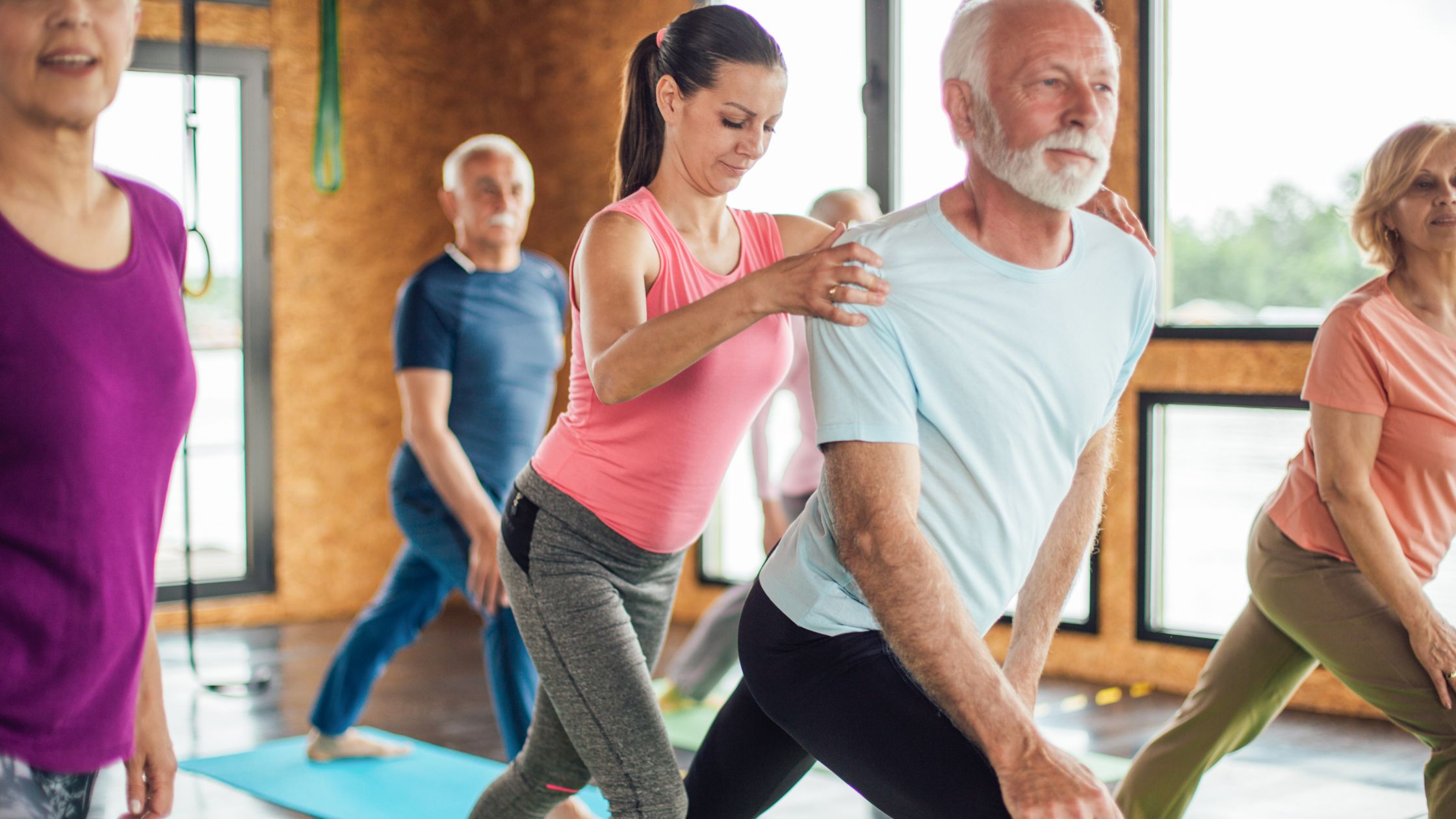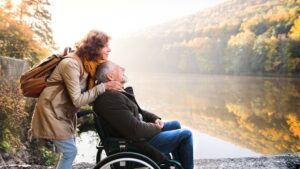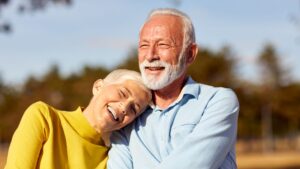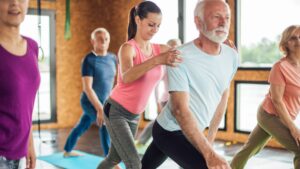
A Guide to Proper Exercise for Seniors
As we age, maintaining an active lifestyle becomes increasingly important for our overall health and well-being. Regular exercise not only helps seniors stay physically fit but also promotes mental sharpness, emotional balance, and a higher quality of life. However, it’s essential for older adults to approach exercise with caution and choose activities that are safe and suitable for their age and physical condition. In this blog post, we’ll explore some key considerations and provide practical tips on how seniors can exercise properly and reap the numerous benefits it offers.
Consult with Your Healthcare Provider:
- Before embarking on any exercise regimen, it is crucial to consult with your healthcare provider, especially if you have any pre-existing medical conditions or concerns. They can provide valuable insights and guidance tailored to your specific needs and help you determine which exercises are suitable and safe for you.
Start Slow and Gradually Increase Intensity:
- For seniors who may have been inactive for some time, it’s important to start slow and gradually increase the intensity and duration of exercise. Begin with low-impact activities such as walking, swimming, or cycling, and then progress to more challenging exercises as your fitness level improves. This gradual approach minimizes the risk of injury and allows your body to adapt to the new routine.
Incorporate a Variety of Exercises:
- Engaging in a variety of exercises ensures that different muscle groups are targeted and overall fitness is improved. A well-rounded routine for seniors should include cardiovascular exercises to boost heart health (walking, swimming), strength training to maintain muscle mass (lifting light weights or using resistance bands), and flexibility exercises to enhance joint mobility and prevent stiffness (yoga, stretching).
Prioritize Balance and Stability Exercises:
- Falls are a significant concern for seniors, so including exercises that improve balance and stability is crucial. Activities like Tai Chi, yoga, and specific balance exercises help strengthen core muscles, improve coordination, and reduce the risk of falls. These exercises can be particularly beneficial for seniors who may have concerns about their balance or have experienced falls in the past.
Listen to Your Body:
- As you exercise, pay close attention to your body’s signals. If you experience pain, dizziness, or shortness of breath, stop exercising and consult your healthcare provider. It’s essential to distinguish between normal exertion and discomfort that may indicate an underlying issue. Remember that everyone’s fitness level is unique, and it’s important to respect your body’s limits.
Stay Hydrated and Warm-Up Properly:
- Seniors should stay adequately hydrated before, during, and after exercise. Dehydration can lead to muscle cramps, fatigue, and other complications. Additionally, warming up before exercise is vital to prepare your muscles and joints for activity, reducing the risk of injury. A warm-up can include gentle movements, stretches, and light cardiovascular activity for a few minutes.
Stay Social and Have Fun:
- Exercise doesn’t have to be a solitary endeavor. Engaging in group activities or finding a workout buddy can provide social interaction and motivation, making exercise more enjoyable and sustainable. Consider joining fitness classes designed for seniors or participating in community-based programs tailored to your needs and interests.
Regular exercise is a powerful tool that can significantly enhance the physical and mental well-being of seniors. By approaching exercise with caution, consulting healthcare professionals, and following the tips outlined in this blog post, older adults can create a safe and effective exercise routine. Remember, it’s never too late to start reaping the benefits of an active lifestyle. So, lace up your sneakers, take that first step, and embrace the joys of exercise for a healthier and more fulfilling senior life.









